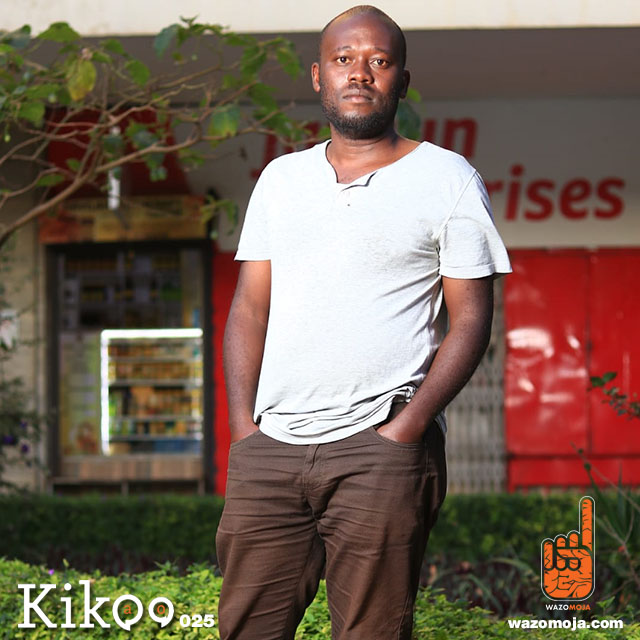Interview: Kenyan Reading Culture

Yes, it's still viable to keep publishing, distributing and retailing books even as, and when things quickly and inevitably go digital.
NAIROBI, Kenya, March 1, 2024/-- Kikao had taken a three-year hiatus and we are now back. And also lucky enough to have a smart bookseller start our conversations.
Brian's business is books, ensuring Kenyans, and in particular Nairobians are armed with a book. I have had the priviledge of being one of his contented customers, and Today he takes us through the Kenyan reading space, and the business of books.
Let Kikao begin...
[Question 1] Welcome to Kikao, Brian. Introduce yourself.
My name is Brian Ouma Onyango. I hold a Bachelor's degree in Mathematics from Kenyatta University. I however, have had an intimate relationship with books in all genres and on diverse subjects from a young age. As such, I'm the proprietor of Harambee Avenue Bookstores an open-air bookstore along Nairobi's Harambee avenue, where we deal in the sourcing and sale of books to a fast-growing clientele in and around the city.
[Question 2] Do Kenyans read? And if so, what do Kenyans read?
They say if one wanted to conceal something from Kenyans, the ideal way to do that would be to put it in a book! It's a misrepresentation meant to characterize the Kenyan public as a demographic that doesn't ever read. The truth, though, is that Kenyans do read. Taste varies from one reader to another; while male readers tend to gravitate towards philosophy, history, (auto)biographies and speculative fiction, while their female counterparts easily enjoy books on subjects such as psychology and personal growth (motivational books).
It would be rare to see a 55 year old reading a book on fashion and design but maybe on health and investments.
[Question 3] Are you aware of an ideal approach to fostering a supportive reading culture in the country?
There's no doubt from my interactions with Kenyans as a bookseller over the years that more and more of them would want to easily access and read books. There are two major barriers to this aspiration, though: financial constraints and the simple fact that, as a country, we have yet to invest in the building of libraries so as to, consequently, help along proximity and unfettered access to these. Libraries, favourable economic conditions and, of course, forbearance from the tendency to overprice books are all that we need in order to interest more and more Kenyans in reading.
[Question 4] You are in print guy? What's your perspective of the other divide of reading on-screen?
We should endeavour to strike a balance between the interests of those who still would want to cling onto, and enjoy, the physical copies of their favourite books and those for whom on-screen reading is the in-thing. A taste of both worlds is what, I believe, will keep the numbers of book lovers and readers in our society high and soaring.
[Question 5] Is the business of books, that's mainly publishing, distribution, and retail still a bankable business?
Yes, it's still viable to keep publishing, distributing and retailing books even as, and when things quickly and inevitably go digital. The reality of there remaining pockets of interest in the physical copies of any books can neither be wished away nor denied.
[Question 6] Who do you owe your love for books?
My grand dad (Mr Jotham Omondi Opio), ooh God bless the old man for me. All that he contributed towards me through this journey of life, my teachers from school. And, of course, my children, as I would wish to bequeath them the same level of interest in—and spirit of—reading books.
[Question 7] What's on your bedside table?
An alarm clock a bible and always a book! Which only changes when one title replaces another!
The written interview was compiled by Phineahs Munene – Co-founder of Wazo Moja for Brian Onyango – of Harambee Avenue Bookstores
Distributed by Wazo Moja on behalf of Harambee Avenue Bookstores
SOURCE
Harambee Avenue Bookstores
